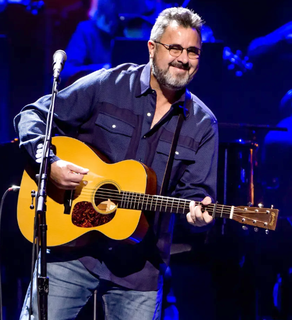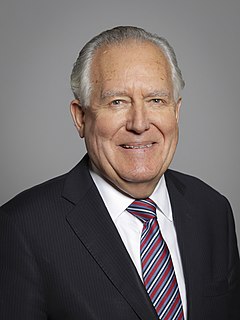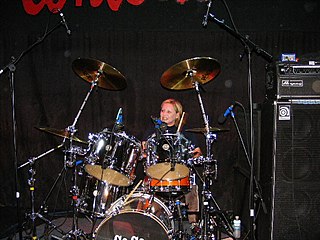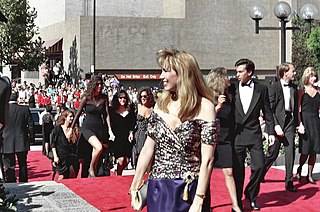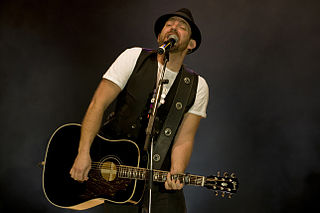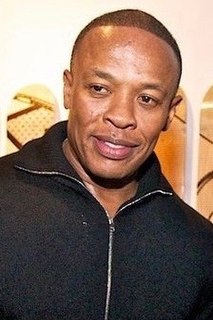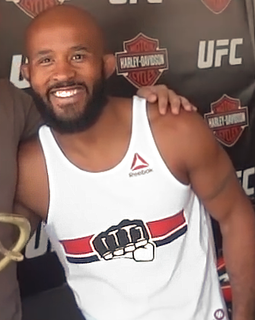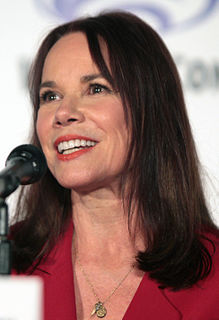A Quote by Jewel
I was turning 20 during my first record. Those decade birthdays always kind of cause me, it seems, to reflect, look back, and then look forward. I just was closing this period of my life where I was living in a car and scrambling my whole life to then signing a six-record deal with Atlantic.
Related Quotes
I was like just writing and writing and then I kinda developed my sound. And then, my managers were like, "Okay, we're gonna try to get a deal." And then first it was Interscope, and then it was Atlantic. And then, I ended up signing with Atlantic, but it was like a long process, a really long... it was A LONG PROCESS. I feel like it took me two years to do it.
Right away, I knew I didn't want to have that look of other guys with long hair and bell-bottom pants, because everybody else had that look. I kind of adopted my boarding-school look, which made me stand out. Then the next thing you know, the first song on my first record is a song called "School Days." It's about going to the boarding school I went to. So then I just started to write about myself. The very first song I ever wrote was about a guy I met in a boatyard that we were working in. So I've always had this thing about sticking to more or less what I knew.
I think that we as a culture, not just in entertainment journalism, but in general the boundaries have become extreme. You know, all bets are off and it seems that there's not much that we consider off limits. I'm just glad that I was in it at the time when I was, which just seemed like - maybe everybody feels that way then they do a look back on their life and career. And I always think for me, my motto is 'ever forward' and I think that's the best way to live your life.
I struggled with the pressure of having the successful record after the first record. Second album syndrome. I'm living proof; it's very real. It was like a psychological battle to be creative. I used to never feel pressure to be creative; it's always just been a fun thing. And then suddenly it's my job, and people are asking, 'Where's the record?'
When you look back on a historical period of music, it seems so obvious to you what the characteristics of it are, but they're not obvious at the time. So, when I look back at my own work, I could easily write a very convincing sort of account of it that made it look like I had planned it all out from day one and that this led logically to that and then I did this and then that followed quite naturally from that. But that's not how it felt.
When I think of the future, I think a lot of Quincy Jones and how he is an inspiration. Look at the quality of his work over so many years. He didn't even make his best record, 'Thriller,' until he was 50. That gives me something to look forward to. Nothing pulls you back into the studio more than the belief that your best record is still ahead.

